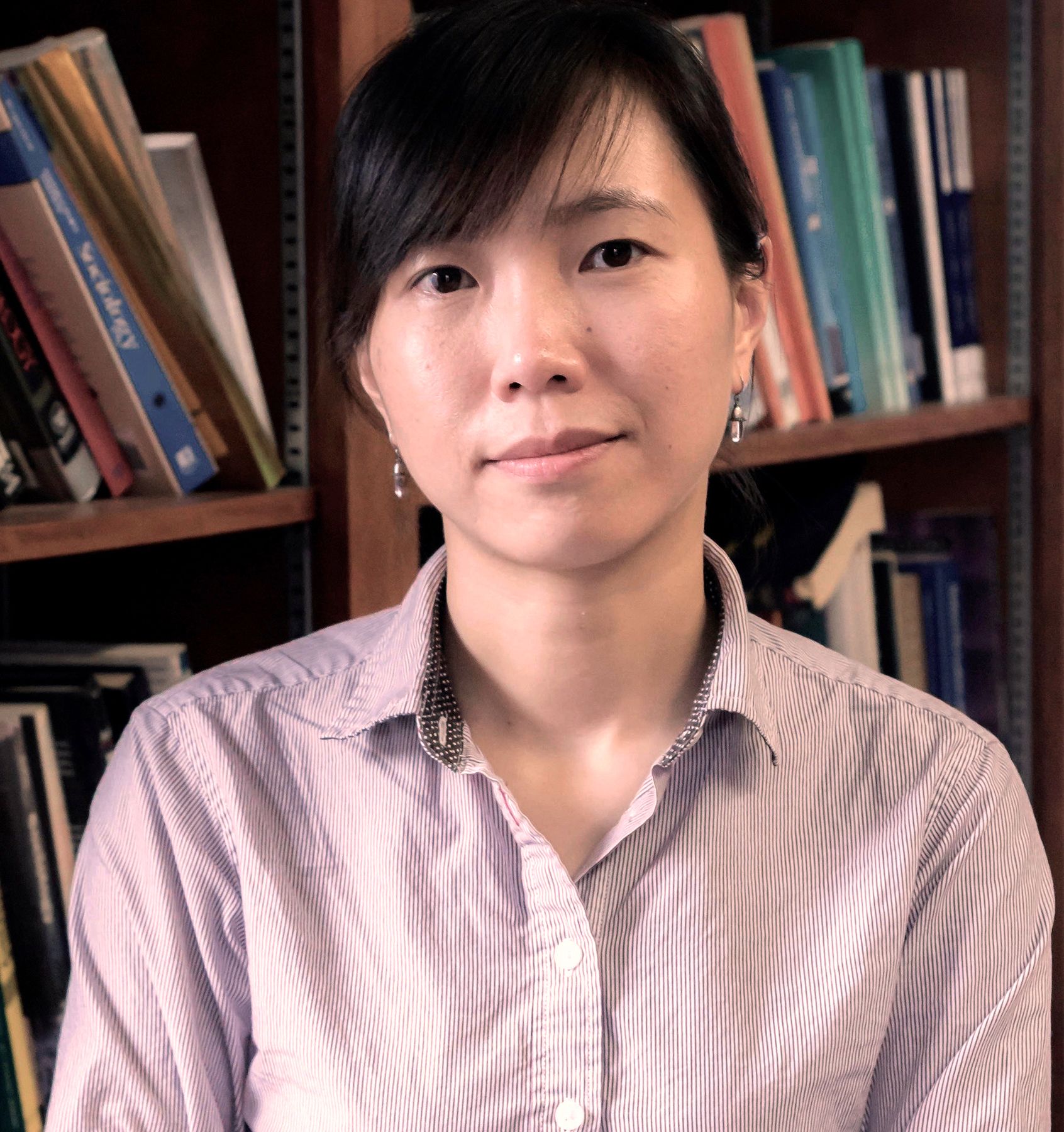Speaker Series: Ke Li

To read the related paper for Dr. Li’s presentation, reach out to Sophie Kofman or Dianna Garzón.
To register, contact Sophie Kofman at skofman@abfn.org.
Ke Li (she/her) is an Associate Professor in the Department of Political Science at the John Jay College of the City University of New York. Her research focuses on law and society, knowledge practices, and gender politics in contemporary China. In a decade or so, she has had articles published in the Law & Society Review, Law & Policy, and Sociological Forum. Her book, Marriage Unbound: State Law, Power, and Inequality in Contemporary China, was published by Stanford University Press in 2022.
Drawing on extensive archival and ethnographic data, Marriage Unbound shows how women’s legal mobilization and rights contention can forge new ground for our understanding of law and politics, as well as power and inequality, in an authoritarian context. In 2023, this book received several awards, including Herbert Jacob Book Prize for the best book on law and society and Victoria Schuck Award for the best book on women and politics.
In recent years, she has branched out into new research areas. In one project, she examines LGBTQ activism and impact litigation in Chinese society; and, in a related project, studies how state- and society-sponsored knowledge moves come to shape judicial decision-making, respectively. Together, these two inquiries, she hopes, will allow her to connect several adjacent research areas: law and society, the sociology of knowledge, and science and technology studies.

